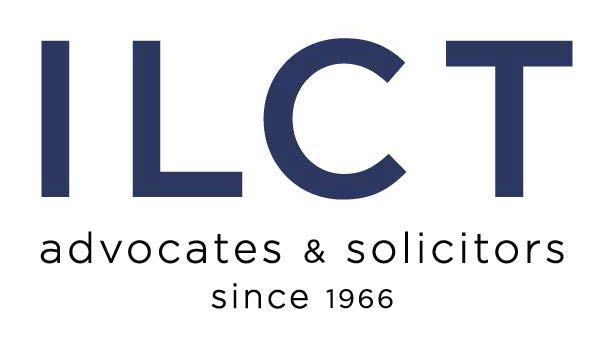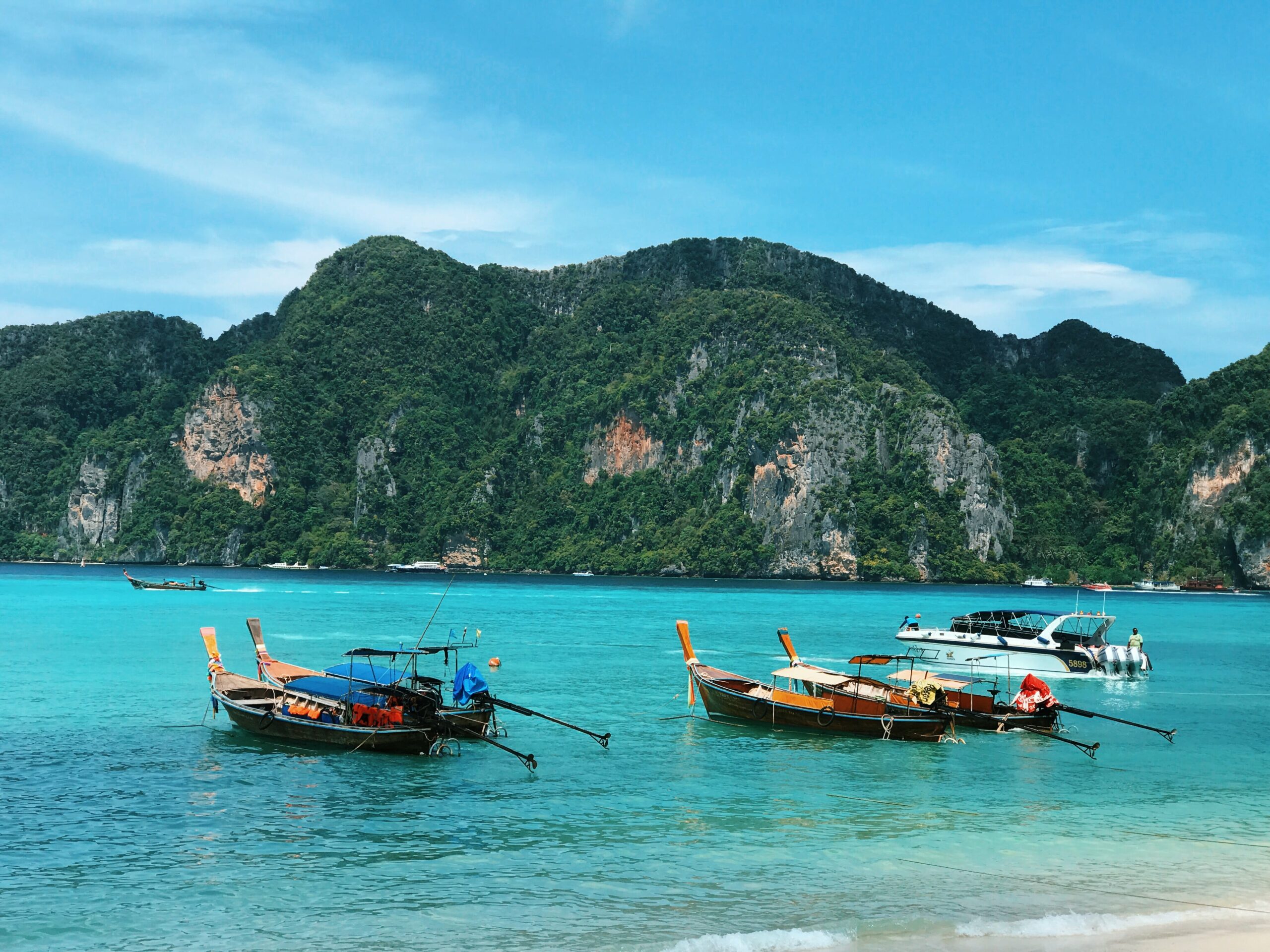The most recent development in Thai law which would benefit business and society at large is the Act on the Rules governing the Preparation of Draft Bills and Assessment of their Effectiveness when passed into Law, B.E. 2562 [2019] (the “Act”) which, among other things, empowers the courts to refer certain laws and regulations which are no longer necessary, or which are not in keeping with the times, or which impede the livelihood or occupation of the people (for the purpose of this article, “obsolete law(s)”), to (in the case of the courts of justice) the President of the Supreme Court for submission to the Supreme Court’s general meeting (sitting as a full court), to determine and declare whether such laws or regulations are obsolete.
The effect of the Supreme Court declaring a particular law or regulation obsolete would enable the court of justice concerned to exercise its discretion not to enforce the sanction under that law and prescribe other sanctions which it considers appropriate in the case before it.
This Act applies to Administrative Courts and Military Courts mutatis mutandis.
The Act, as its long name suggests, requires state agencies (as defined) to issue laws and regulations only to the extent that is necessary, and to repeal or amend existing laws and regulations which have outlast their usefulness or are not keeping with the times. It sets out procedures for holding public hearings of the proposed legislation and assessment of its possible impact which, together with the public opinion, must be taken into consideration when drafting the legislation.
However, this article will not deal with the procedures that state agencies must follow when proposing legislation, but will focus on the more significant aspect of the Act which empowers the courts of justice to refuse to enforce the sanctions under the obsolete laws.
I. Scope
The Act covers:
Laws: defined as Organic Laws (implementing constitutional provisions), Acts of Parliament and Codes.
Regulations [or Rules]: defined as the regulations pursuant to the law governing administrative procedure, which creates a burden on the people, or the failure to comply with them incurs punishment, or results in the deprivation of rights, or affects personal status.
These are the subordinate legislation or regulations which implement the acts of parliament.
II. Enabling provision
Section 6 of the Act provides that when a court of justice is going to enforce a legal provision which incurs criminal punishment, administrative sanction, or other sanctions which would adversely affect the violator, if, by its own cognition, or as a result of a reasoned objection from a party in the case, it appears, in the court’s opinion, that such legal provision is not in accord with section 5, first paragraph, of the Act[1], and: i) is not a case within the jurisdiction of the Constitutional Court; and ii) there is no prior ruling by the general meeting of the Supreme Court on that question (i.e. that it is an obsolete law), shall send its opinion to the President of the Supreme Court for submission to the general meeting of the Supreme Court (sitting as a full court) for determination.
Pending such determination, the court proceedings may continue, but no judgment may be issued until the general meeting of the Supreme Court has determined the question. In the event that the general meeting of the Supreme Court determines that such legal provision is obsolete law, the trial court or the Court of Appeal, depending where the case lies, may elect not to sentence, or to issue a lighter sentence than that prescribed by law, or may prescribe sanctions different from what that law stipulates, as the case may be. Such determination by the general meeting of the Supreme Court shall serve as precedent for all cases under the jurisdiction of the courts of justice. In such event, the administrative authority responsible for implementing such legislation shall proceed to amend it to be consistent with section 5, first paragraph, promptly.
III. Analysis
This is indeed a new development in Thai law whereby the legislative branch vests the judiciary with the authority to elect not to apply sanctions under laws which have outlived their usefulness, or which are not in line with present day conditions and which impose unnecessary burden on the livelihood or occupation of the people. It must be noted that the courts have no power to repeal the obsolete law, but can prescribe sanctions different from what that law stipulates. The duty to repeal or amend the obsolete law rests with the agencies under the executive branch responsible for implementing such law.
In the past, Thailand has undergone various attempts to reform its regulatory regime to make the country more competitive with other countries and to do away with laws which are no longer suitable with the times, but its effort has gained little success. The Act enables a party in a court case involving an obsolete law to raise his objection with the Court of First Instance (the trial court) or the Court of Appeal to have the court apprise the President of the Supreme Court to have the general meeting of the Supreme Court declare such law or regulation to be inconsistent with section 5, first paragraph of the Act, enabling the respective court to exercise its discretion not to impose criminal punishment, or to impose a lighter sentence than what is prescribed by such law or regulations, or to prescribe other sanctions different from what is prescribed by such laws or regulations in the case before it.
The laws and regulations mentioned above include announcements and orders having the force of law, i.e. the subordinate legislation and official directives which affect people in their daily lives.
The unique procedure of the Act which enables the courts to ‘weed out’ obsolete laws is an innovative and a more practical way of deregulating the legal system and keeping it attuned to the current requirements of society. The Act is certainly a quicker way of implementing law reforms as compared to the time it would take the other machinery of government to come to grips with the problem.
By:
Prof. Jayavadh Bunnag










